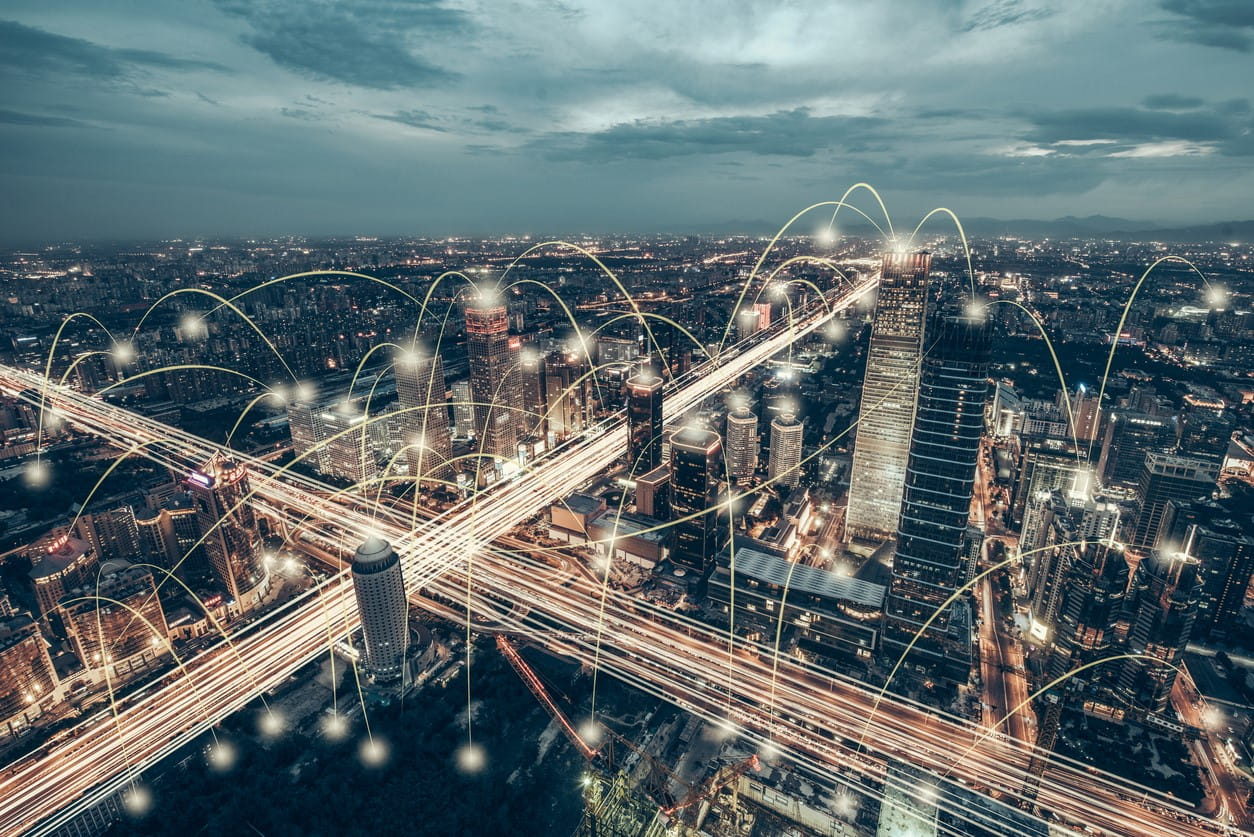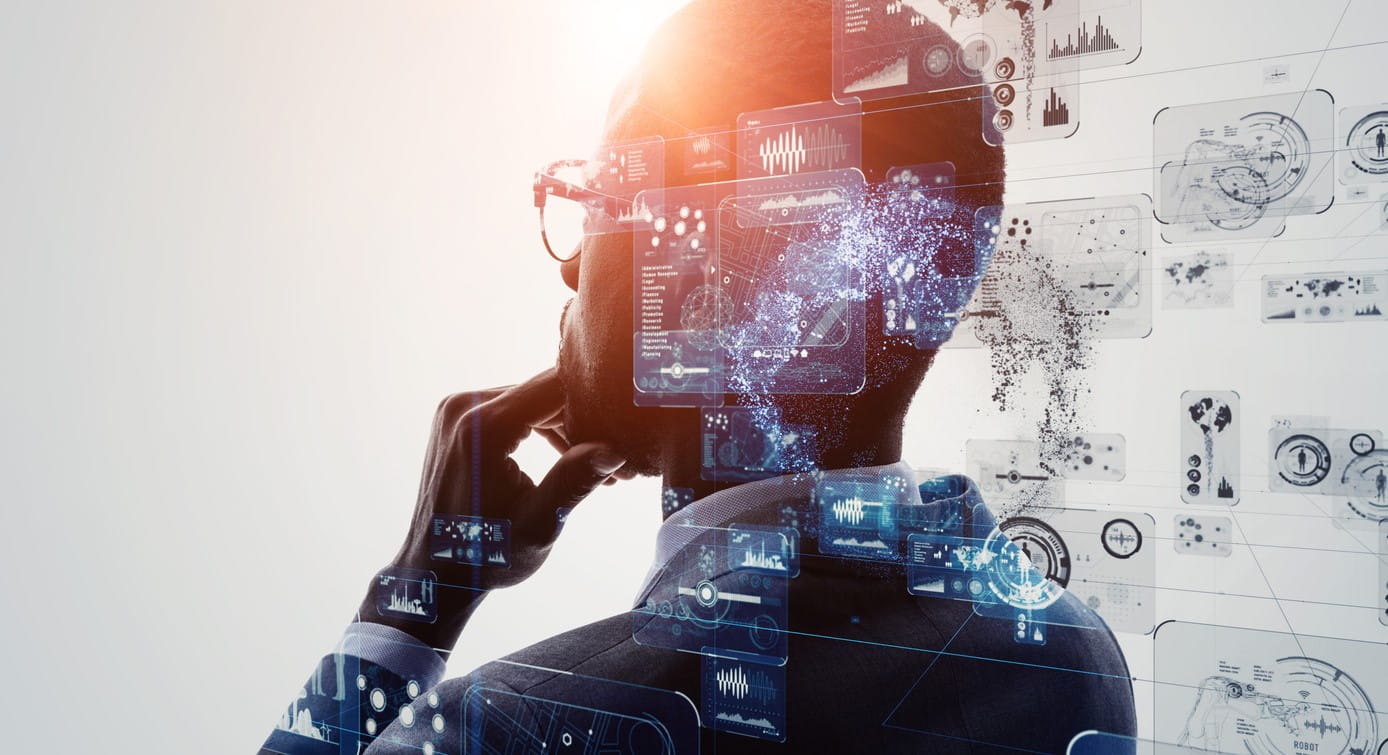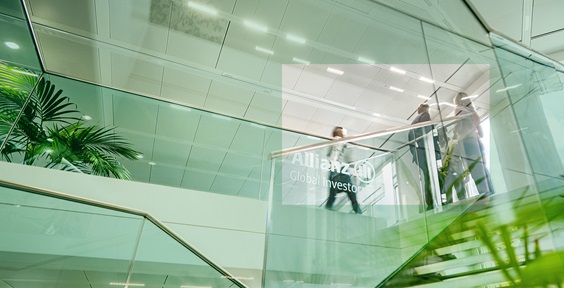The Fantasy World of Intelligent Cities

Summary
Cars speeding in the sky, people in whimsical fashion, metallic skyscrapers – these are futuristic imaginations of cityscape in movies and theatres. Living in a metropolis yourself, have you wondered how cities will look like in the future?
5G technology is expected to stimulate USD 700 billion in infrastructure spending, create 3 million jobs, and ultimately increase gross domestic product by US$500 billions5. In the area of manufacturing, 5G makes smart factories possible by enabling automation, artificial intelligence, and Internet-of-Things. In terms of urban safety, millions of simultaneously connected sensors effectively monitor and manage the infrastructure of an intelligent city. For traffic, connecting the 5G network to sensors on roads, railways, airports and vehicles will greatly enhance the efficiency of transportation. For homes, 5G and the Internet-of-Things system can improve home safety and provide more entertainment.
2 Source: United Nations, McKinsey Smart Cities 2018.
3 Source: Navigant Research, Q3 2019.
4 Source: IDC, July 2018.
5 Source: IHS Marki; Nokia, Machina Research, 2017.
6 Source: Bank of American Merrill Lynch, 2017.
7 Source: Guidehouse Insights, 2020.
8 Source: Precedence Research, 2020.
9 Source: Allianz Global Investors, Bank of American Merrill Lynch, American Water, 2019.
10 Source: BloombergNEF, 2020.
11 Source: ResearchAndMarkets.com, 2020.
Better Late than Never

Summary
With several tech giants growing at an even more remarkable pace. Investors who missed out on this rally may have deep regrets. But it’s better late than never. Looking ahead, AI and intelligent cities are expected to be the next growth drivers for the financial markets, so it’s time to seize the opportunity to get ready for the next big wave.













